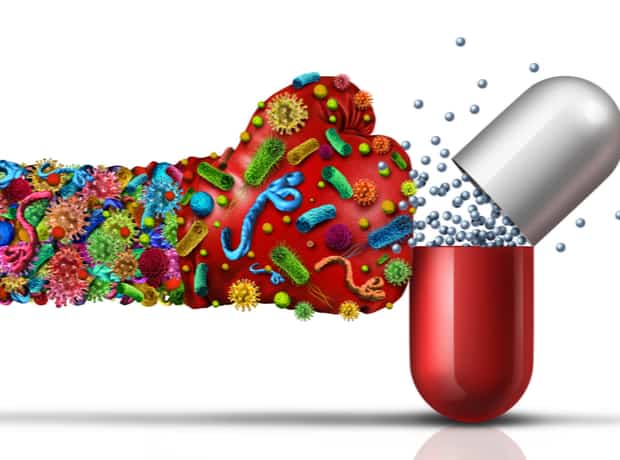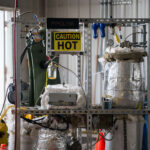The new test takes an average of 13 hours to identify appropriate treatment, compared with several days using current methods.
press releaseQuantaMatrix, a clinical microbiology diagnostics company in Seoul, South Korea, has developed an all-in-one antibacterial testing technology called “uRAST (ultra-rapid antibacterial susceptibility test),” and the results have been published in a scientific journal. Nature.
Sepsis is a life-threatening disease and timely treatment is essential, but there is a “golden hour” for intervention: every hour of delay in administering appropriate antimicrobial treatment reduces patient survival by 9% and increases mortality by 30% within 30 days.
Traditional antibacterial testing methods can take days, often too long to effectively treat sepsis. uRAST technology eliminates the initial blood culture process and delivers accurate results within just 13 hours of blood draw, allowing doctors to prescribe the right antibiotics faster, potentially saving lives.
“The Nature publication on uRAST highlights its potential to become a new standard in clinical microbiology,” said Sunghoon Kwon, CEO of QuantaMatrix.
uRAST has an accuracy rate of 94.9%, closely matching existing methods, and is also able to detect small amounts of bacteria at the early stages of infection. When tested at Seoul National University Hospital, uRAST reduced the time from a positive blood culture result to an optimal antibiotic prescription to an average of 13 hours, compared with current methods, which typically take 48 to 72 hours. This time reduction includes both the testing and the waiting periods between each step that are often overlooked in the traditional process.




